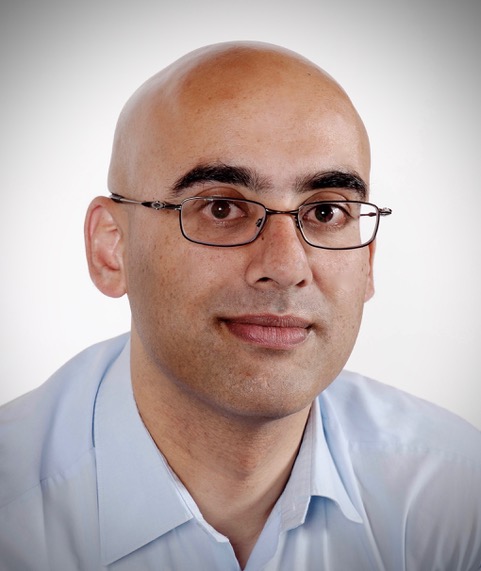SRG Seminar: “On Engineering Unikernels” by Ward Jaradat
We have explored data coordination techniques that permit distributed systems to be constructed by interconnecting services. In such systems the network latency is often a problem. For example, large data volumes might have to be transmitted across the network if computation cannot be co-located close to data sources. One solution to this problem is the … SRG Seminar: “On Engineering Unikernels” by Ward Jaradat
